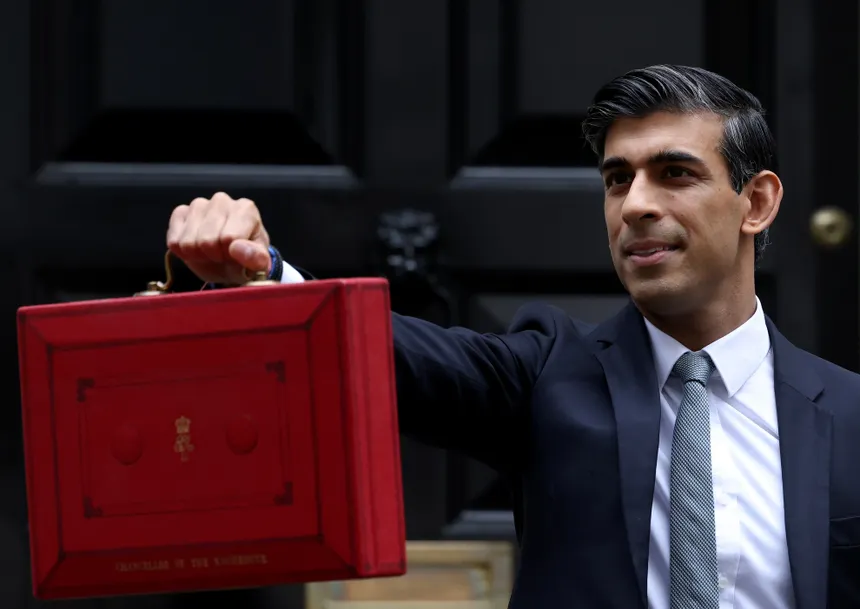The Royal College of Emergency Medicine has warned that the current crisis in Accident & Emergency (A&E) services across the UK is dire and worsening. According to Dr. Adrian Boyle, President of the Royal College of Emergency Medicine, the situation is not a result of the pandemic alone but rather a culmination of issues exacerbated by years of under-resourcing and inadequate planning. The crisis has been evident for nearly a decade, with ambulances waiting outside hospitals and a lack of available beds.
Dr. Boyle emphasized that the problem is not just about ambulances waiting outside hospitals, but rather a symptom of a larger issue – a hospital system under significant stress. Patients are being looked after in inappropriate areas, and there are long waits to be admitted into emergency departments. When patients do get admitted, they find themselves waiting in crowded and chaotic emergency departments. The problem is further exacerbated by the ward being full, with hospitals operating at or near maximum capacity.
The situation is particularly dire due to the lack of available beds. There are not enough beds to cater to the demand, resulting in patients being treated in areas not designed for emergency care. This has led to a situation where patients are being looked after in corridors, trolleys, or even outside hospitals. The consequences of this can have serious health implications, with patients at risk of developing infections, and even mortality.

Prime Minister Rishi Sunak (Via Rishi Sunak/Twitter)
Dr. Boyle stated that the problems facing the NHS are not new and have been building over the past decade. He noted that issues such as under-resourcing, lack of beds, and lack of social care have contributed to the crisis. The pandemic has only added to the pressures the NHS is facing, with waves of strikes and high levels of flu and coronavirus exacerbating the situation.
The Royal College of Emergency Medicine has called for urgent action to address the crisis, including addressing the root causes of the problem such as the lack of social care and the need for long-term reform. Dr. Boyle encouraged the government to invest in social care, stating that this is the only way to create a more sustainable and cost-effective solution.
The meeting with Prime Minister Rishi Sunak and health leaders was seen as a positive step towards recognizing and addressing the crisis. However, Dr. Boyle emphasized that the problems facing the NHS are complex and require a long-term solution, not just a short-term fix. He urged the government to prioritize emergency care and to take action to address the root causes of the crisis.
